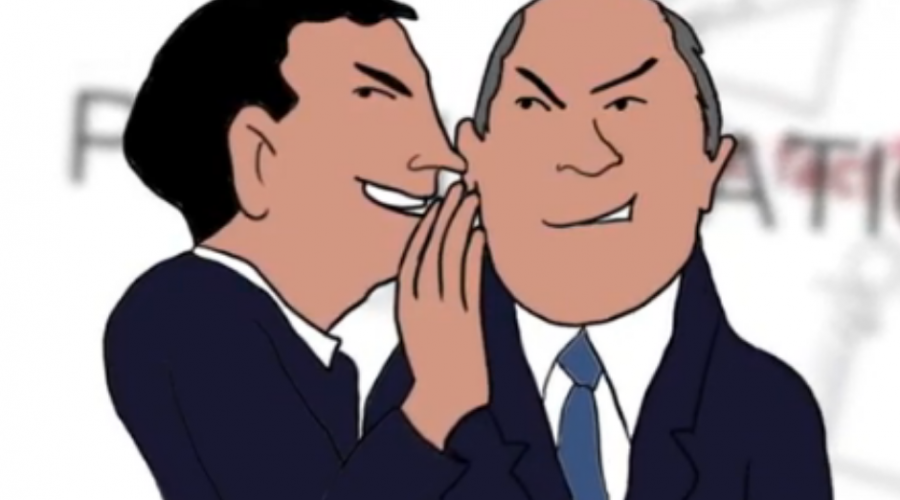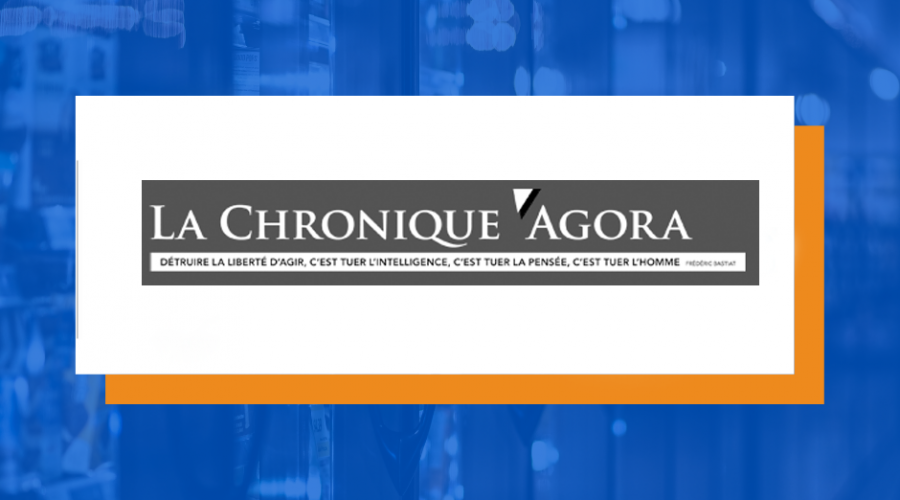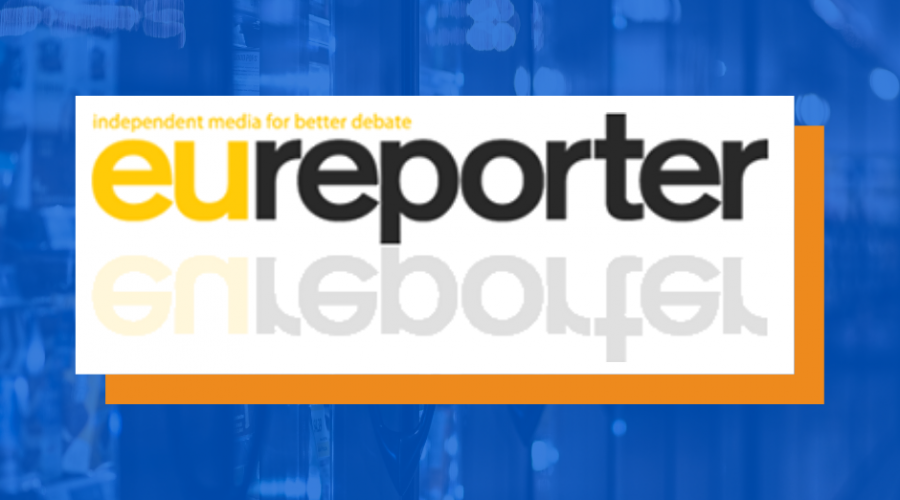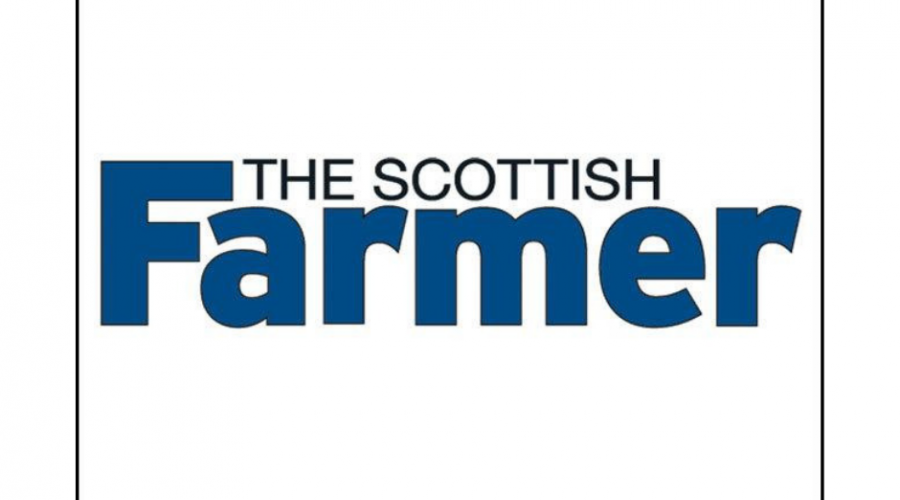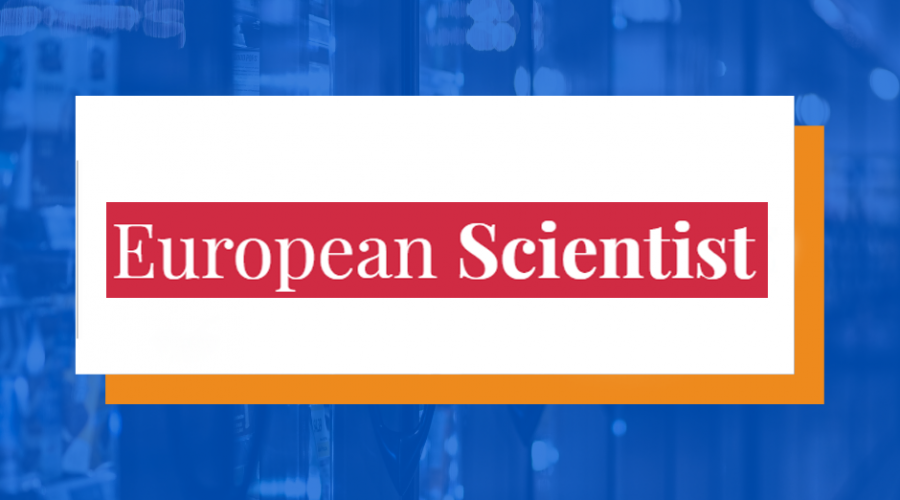Everything Wrong with Cancer Warning Labels
Everything Wrong with Cancer Warning Labels
“BACON…, HOT COFFEE…, RED MEAT…, COCONUT OIL…
WHAT DO THEY HAVE IN COMMON?
You’ve may have thought: THEY’RE DELICIOUS.
WRONG.
According to the World Health Organization’s INTERNATIONAL AGENCY FOR RESEARCH ON CANCER (IARC), all these foods “PROBABLY” or “POSSIBLY” can give you cancer.
Each year, this France-based agency published new studies known as monographs claiming to establish what is carcinogenic. So far, they’ve listed over 500 substances as DEFINITELY or POTENTIALLY carcinogenic, including your morning cup of coffee and the herbicide you use in your garden. In 48 years, they’ve only found one – JUST ONE – that isn’t.
These declarations have a sweeping impact not only on the products on the shelves, and how they’re regulated and taxed, but also the billions of dollars of lawsuits against these products.
CAN YOU SAY PAYDAY?
This is where science is trumped by money and lawyers.
IARC willfully confuses the relationship between “hazard” and “risk”. Hazard is something that can cause harm, risk explains how likely it is that it will. The sun is a hazard, because exposure to it can cause skin conditions. However, to most people the sun is not a risk, because they limit their exposure in summer, or apply sun cream. As with EVERYTHING ELSE, it’s a question of dosage.
For example, in 2016 the Munich Environmental Institute cast doubt on the safety of beer, claiming it can cause cancer. What they left out was that you needed to drink 1000L of beer a day for it to actually be harmful to health. Arguably, after 1000L of beer, the fact that it might be carcinogenic will be the least of your problems.
IARC STUDIES ARE LIKE A BAT SIGNAL TO THOUSANDS OF TORT LAWYER FIRMS.
What these experts conclude, therefore, becomes scientific dogma, regardless of the science.
WHY IS THIS PROBLEMATIC?
Experts at IARC have often been caught colluding with lawyers who stand to benefit from future lawsuits.
In the case of BENZENE and GLYPHOSATE, they have been accused of manipulating the science to arm trial lawyers. Researches have been ringing the alarm on IARC’s corruption of science for years.
That means hundreds of bogus lawsuits, bad public policy and bad information for consumers.
WHO BENEFITS WHEN SCIENCE IS CORRUPTED?
LET’S UPHOLD SCIENCE RATHER THAN POLITICS. BECAUSE WE DESERVE BETTER
FOR MORE ARTICLES AND PUBLICATIONS ON SCIENCE AND HEALTH, CLICK HERE.
